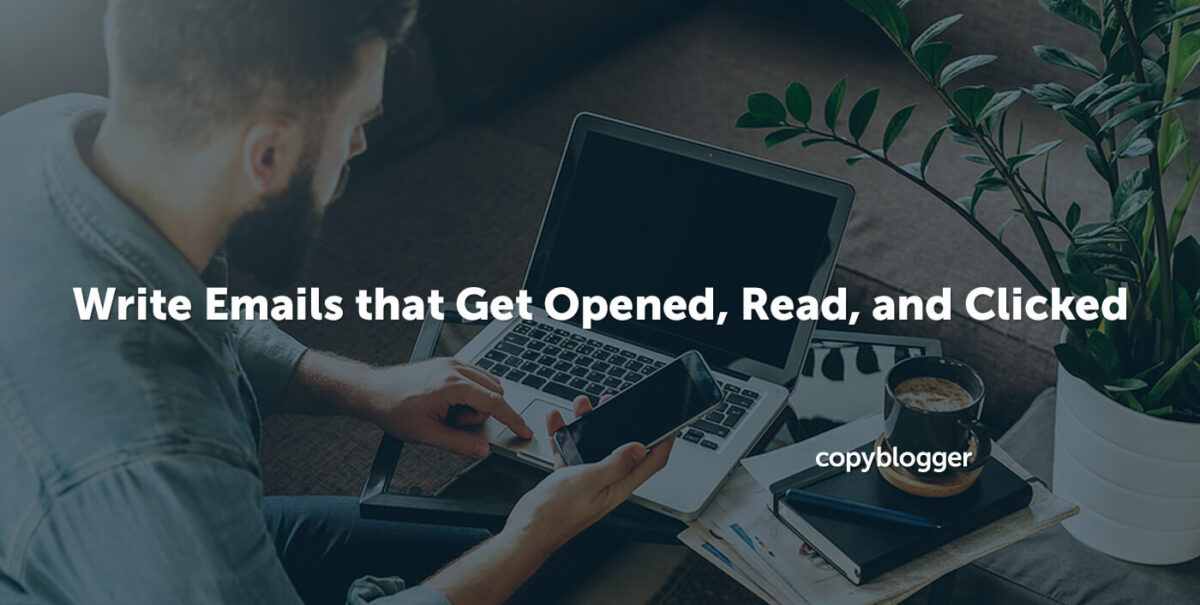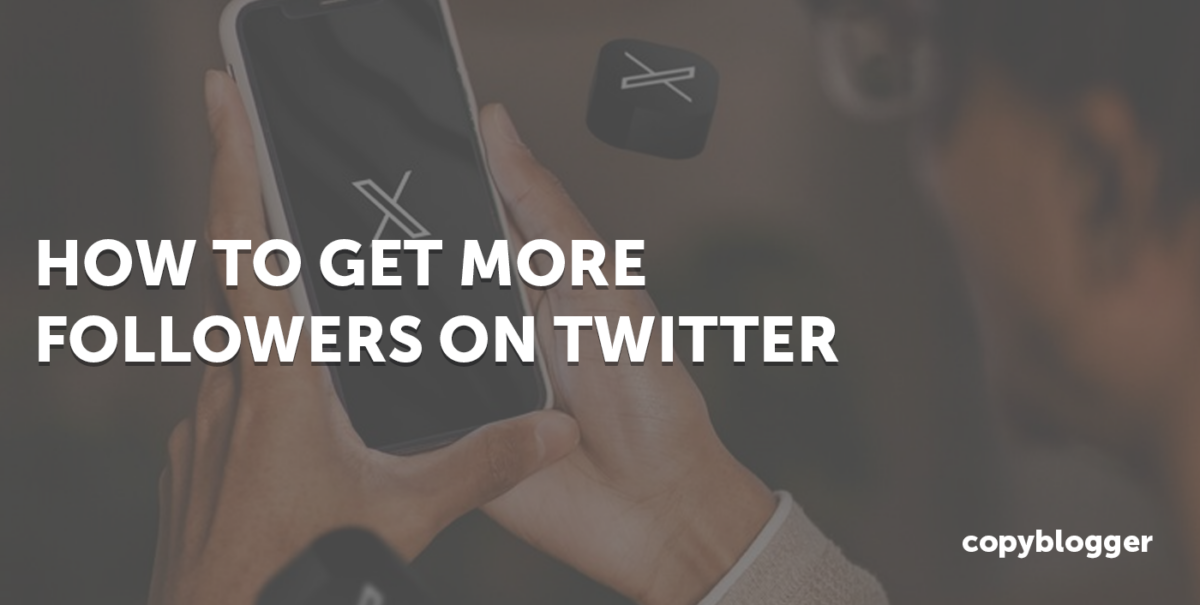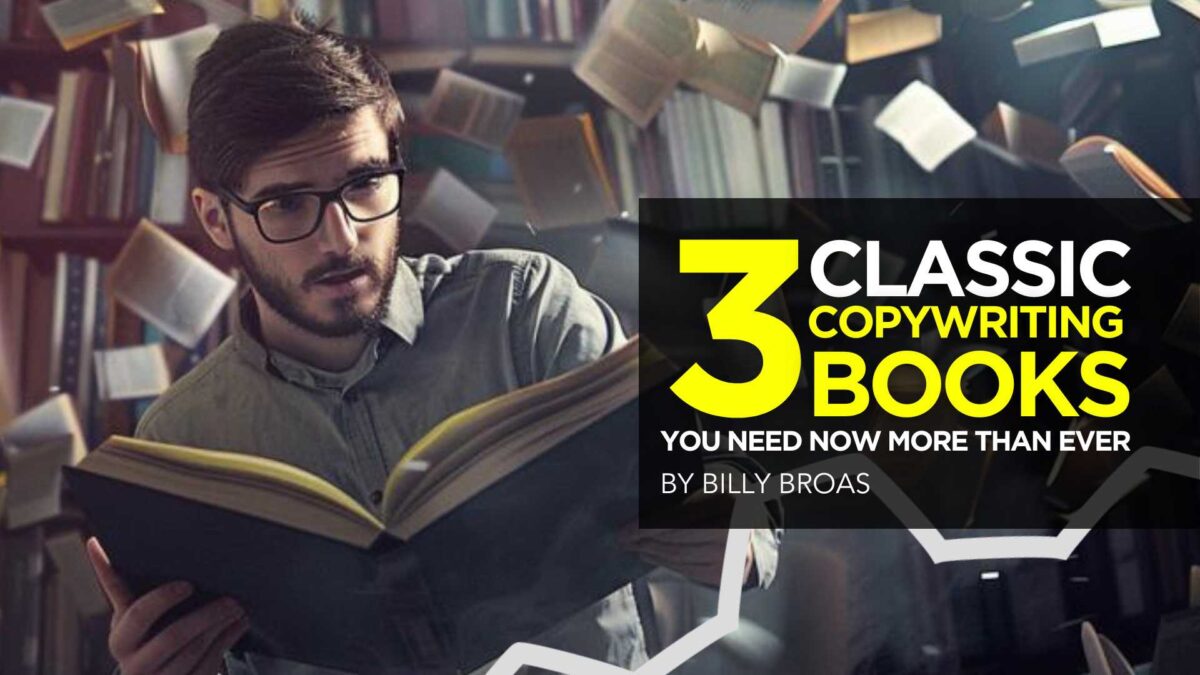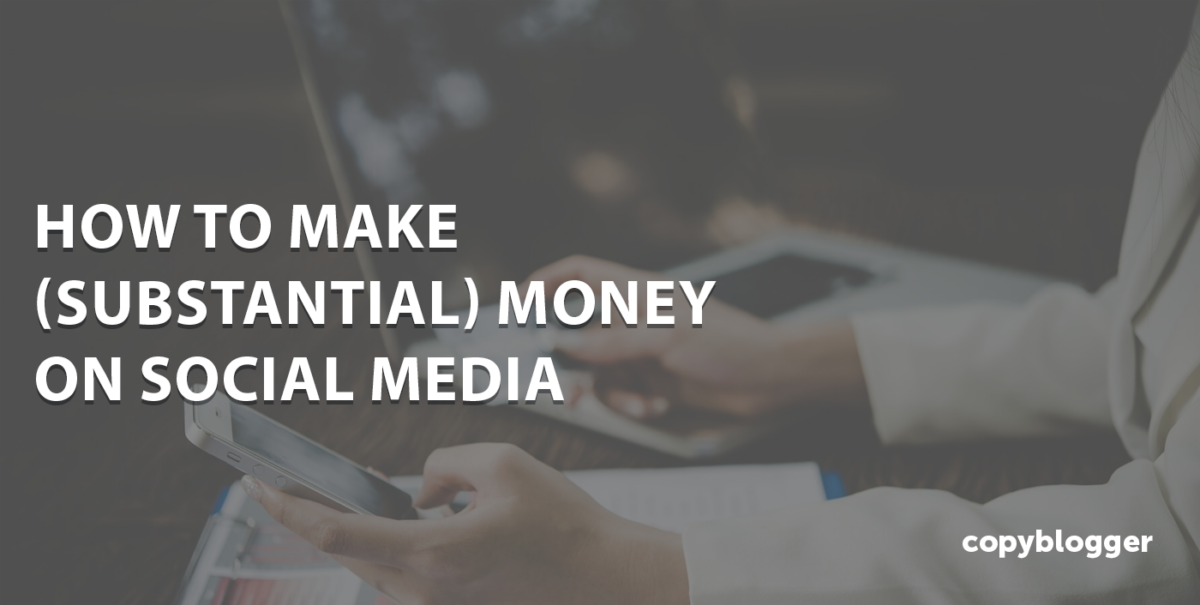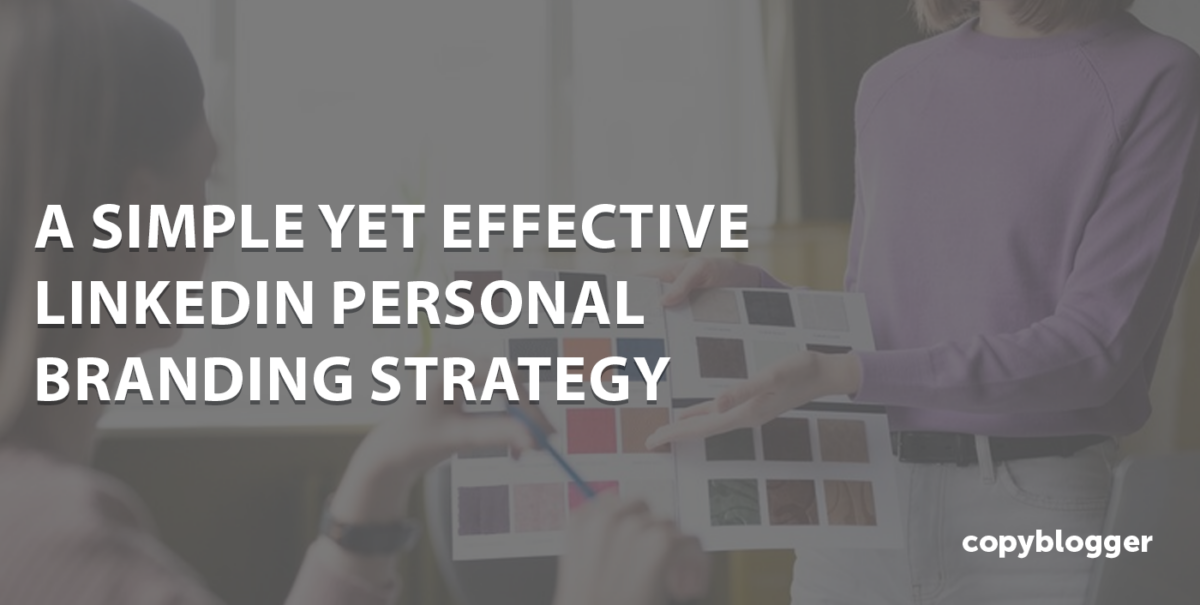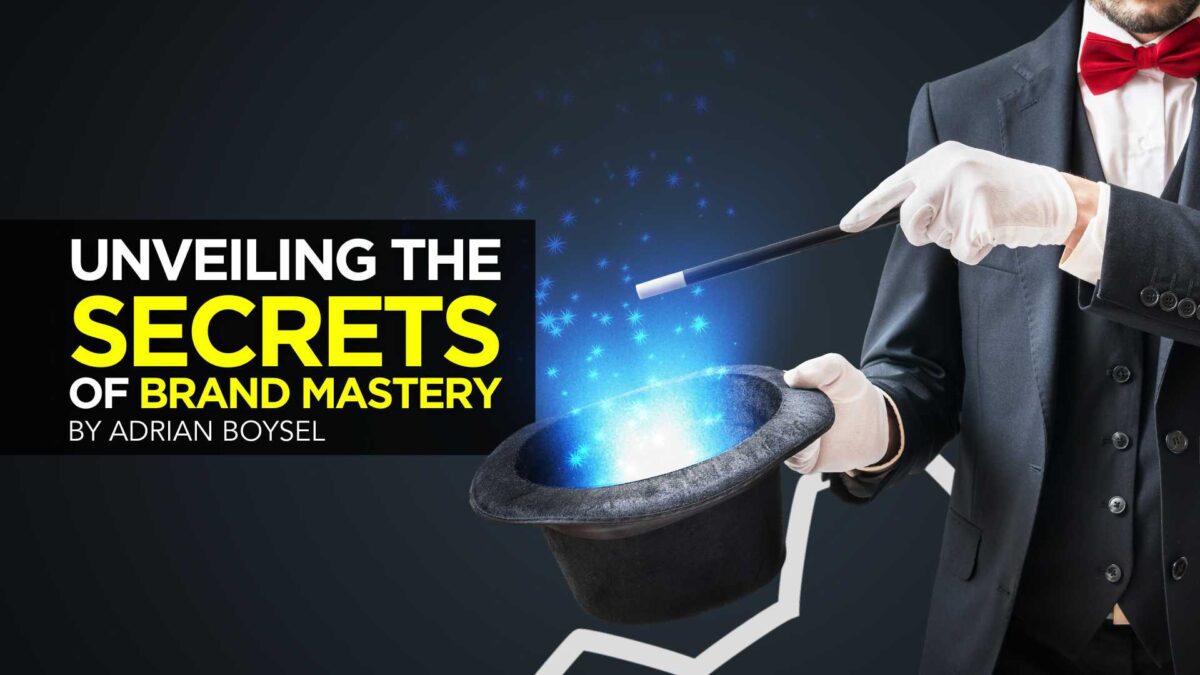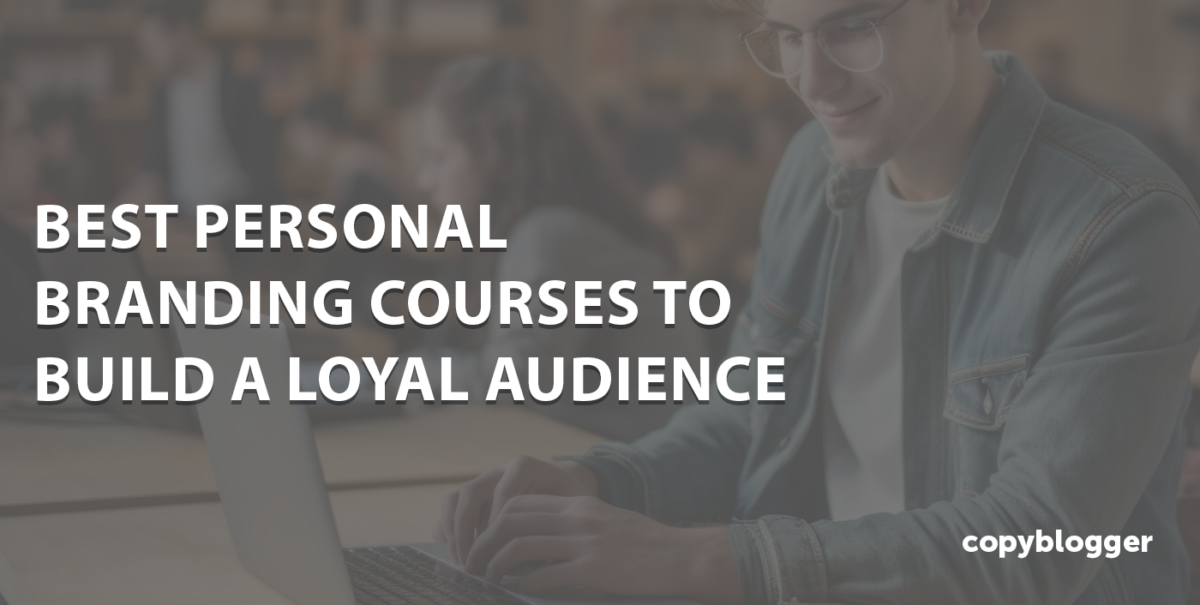10 Email Marketing Tips That Drive 80% of Email Revenue 18&63,h=A>>12&63,n=A>>6&63,o=63&A,u[l++]=i.charAt(a)+i.charAt(h)+i.charAt(n)+i.charAt(o);while(d triggerPosition) { // Show or modify the styles of your sticky bar welcomeBar[0].style.display = ‘block’; } else { // Hide or revert the styles of your sticky bar welcomeBar[0].style.display = ‘none’; } }); ]]> 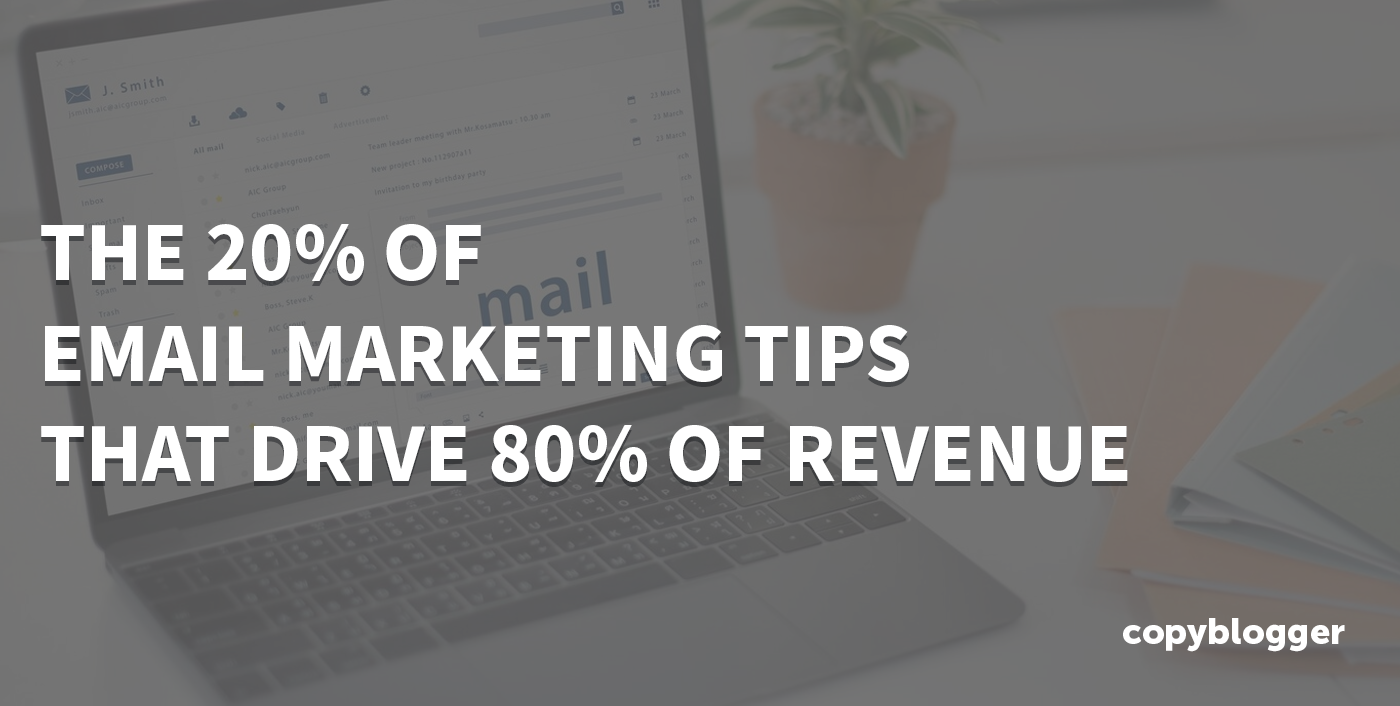 ]]> {{{ ( data.maybeFilterHTML() === ‘true’ ) ? _.escape( data.label ) : data.label }}} ]]>
]]> {{{ ( data.maybeFilterHTML() === ‘true’ ) ? _.escape( data.label ) : data.label }}} ]]>
Continue reading here
Category: Marketing
Mastering Lead Generation in 2024: 10 Strategies to Propel Your Business Forward


Imagine a world where Sherlock Holmes has the sharpest mind but no intriguing mysteries to solve. Or Iron Man without his tech-suit. They are simply incomplete without one another.
In the same way, lead generation is the lifeline of businesses. Without a consistent inflow of customers, even the best business idea will fail to flourish. And you don’t want that, do you?
This is where we come into the picture. Today, we bring you the top 10 lead-generation strategies that work like a charm in 2024. Each one, when done right, can help you achieve your goal without any difficulty.
So, let’s jump right into it!
1. Content Marketing
7.5 million blogs are published each day. There is a reason why more and more businesses are jumping on the content bandwagon.
This is because the content is just not the king but the entire kingdom! And if you look at it, truly look at it, you will know how true the statement is.
Content is everywhere. From the billboards to radio ads and pop-ups and more, there is no escaping it. But when you have enticing content by your side, that’s a whole other story.
Content marketing goes beyond promoting products. When done right, it helps provide information that solves problems or addresses the needs of your audience. Inclusive content plays a pivotal role here, as it ensures that diverse voices and perspectives are represented, resonating with a broader audience and fostering a sense of belonging.


Want to get certified in Content Marketing?
Leverage the tools and channels to predictably and profitably drive awareness, leads, sales, and referrals—EVERYTHING you need to know to become a true master of digital marketing. Click Here
When you consistently deliver quality content, you can position yourself as an industry authority. This is super crucial because it helps you stand out and build trust and loyalty among your audience. This trust is a key factor in lead generation.
Why?
At the end of the day, potential customers are more likely to consider and choose a brand they perceive as knowledgeable and reliable. It is seen that companies that post 15 blog posts a month generate almost 1200 new leads per month on average.
When it comes to content marketing, the sky is the limit. From blog posts to infographics, content marketing serves as a powerful tool.
2. AI and Personalization
Have you ever noticed Amazon telling you when your favorite product is back in stock? Or Maybe you receive an email from your favorite store with a whopping discount just because they miss you.
So, how does this make you feel? It feels incredible, doesn’t it? This is the beauty of personalization. And they leverage AI to run the personalization process.
Now, put yourself in the shoes of an ecommerce store owner…
How To Get More Followers On Twitter (Avoid These Mistakes)
How To Get More Followers On Twitter (Avoid These Mistakes) 18&63,h=A>>12&63,n=A>>6&63,o=63&A,u[l++]=i.charAt(a)+i.charAt(h)+i.charAt(n)+i.charAt(o);while(d triggerPosition) { // Show or modify the styles of your sticky bar welcomeBar[0].style.display = ‘block’; } else { // Hide or revert the styles of your sticky bar welcomeBar[0].style.display = ‘none’; } }); ]]> 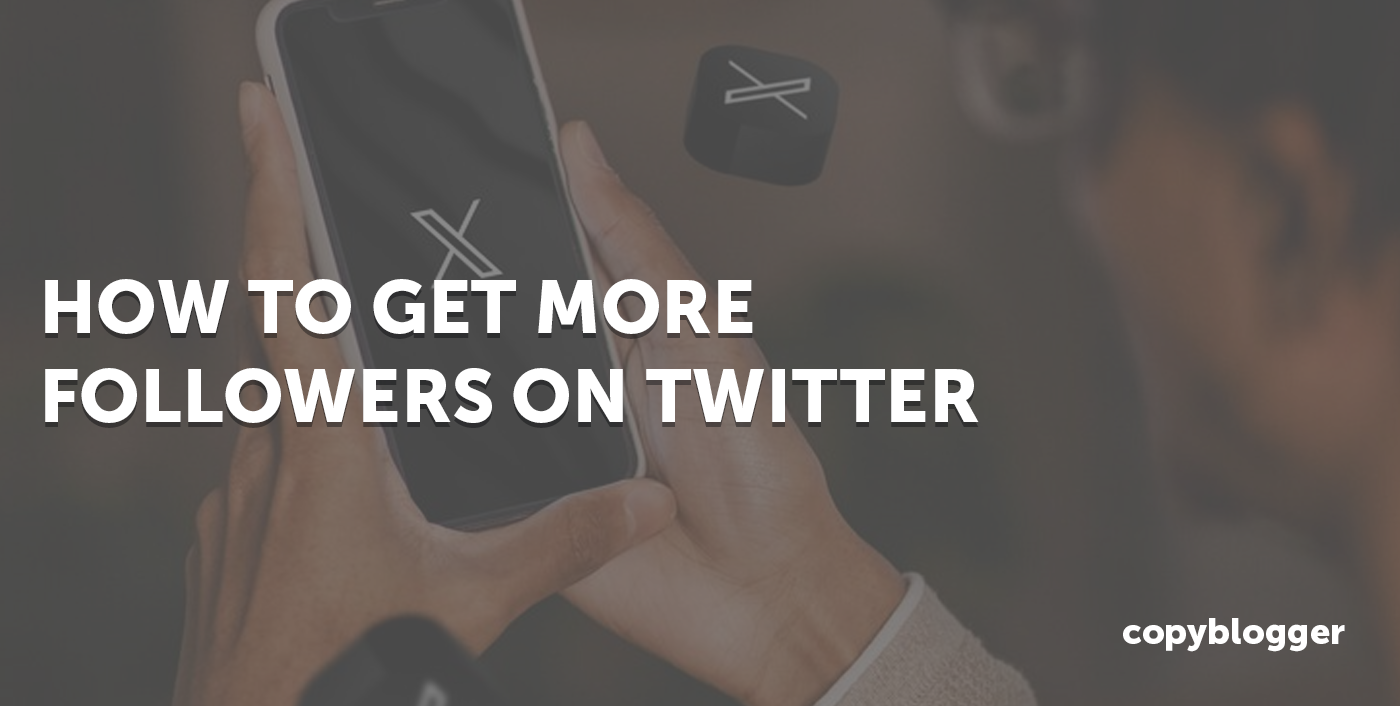 ]]> {{{ ( data.maybeFilterHTML() === ‘true’ ) ? _.escape( data.label ) : data.label }}} ]]>
]]> {{{ ( data.maybeFilterHTML() === ‘true’ ) ? _.escape( data.label ) : data.label }}} ]]>
Continue reading here
3 Classic Copywriting Books You Need Now More than Ever


Classic copywriting books are needed now more than ever. With the explosion of marketing technology, AI-generated content, and companies worldwide competing for the same customers, timeless principles are priceless.
Because although AI can generate content, understanding human emotions and psychology, as taught in these books, is essential for creating an engaging and persuasive copywriting piece.
With all our new technology, it’s easy to get pulled away from the fundamentals of copywriting. However, when you combine the fundamentals with modern technology, you become unstoppable.
Breakthrough Advertising By Eugene Schwartz


Breakthrough Advertising is a favorite among copywriters. Eugene Schwartz, a direct-response copywriter who was prolific in the mid-20th century, is a legend.
Breakthrough Advertising is a dense book, and most reviews will only cite the Schwartz lessons from the first half. For example, almost every review will cite Schwartz’s advice that demand for a product cannot be created—only channeled.
(I guess I just did it too.)
That advice about customer demand is indeed sage wisdom to write down and remember forever. But it’s in the second half of the Breakthrough Advertising, which gets little attention, where I find the most gems.
One of those gems is Schwartz writing about the topic of belief.
Belief is the goal, Schwartz states.
If you can channel the tremendous force of his belief—either in content or direction—behind only one claim, no matter how small, then that one fully-believed claim will sell more goods than all the half-questioned promises your competitors can write for all the rest of their days.
A prospect can’t fully accept and value your offer unless you build the necessary beliefs. Your coupons and bonuses will bounce right off your prospects unless they believe your product is right for them.
As an example, Schwartz describes a challenge he had in selling a TV repair manual. Back in the 1950’s, TVs were complex, intimidating machines that broke down constantly, leading to expensive repair bills.
The homeowner could save a ton of money doing TV repairs themselves. The problem was that nobody believed they could actually repair a TV.
Schwartz persuaded prospects they could repair the TV using nothing but his words. He did it through the way he structured his sales letter, strategically targeting belief after belief. You can find the full sales letter in Breakthrough Advertising—it’s incredible.
HOW TO USE THIS BOOK TODAY:
These days, the marketing world is filled with hype and over-the-top promises. Schwartz advises us to dial down those big promises. Instead, focus on building belief. Put yourself in your prospect’s shoes and ask, “What does my prospect need to believe in order to say “yes” to my offer?
If you want more on this topic of belief building in your prospect’s mind, I teach a step-by-step process in my own, Simple Marketing for Smart People.
The Robert Collier Letter Book
Crafting Effortless Sales Through ‘Wow’ Moments in Experience Marketing


In an era where consumers are bombarded with endless choices and digital noise, standing out as a brand is more challenging than ever. Enter experience marketing – a strategy that transcends traditional advertising by focusing on creating immersive, memorable interactions. This innovative approach leverages the elements of surprise, delight, and reciprocity to forge strong emotional connections with customers, making the sale of your core product feel effortless. But how can businesses implement this strategy effectively? This guide delves into the art of crafting ‘wow’ moments that captivate audiences and transform customer engagement.
The Basics of Experience Marketing
Experience marketing is an evolved form of marketing that focuses on creating meaningful interactions with customers, aiming to elicit strong emotional responses that lead to brand loyalty and advocacy. Unlike conventional marketing, which often prioritizes product promotion, experience marketing centers on the customer’s holistic journey with the brand, creating a narrative that resonates on a personal level.
In today’s competitive market, experience marketing is not just beneficial; it’s essential. It differentiates your brand in a crowded marketplace, elevating your offerings beyond mere commodities to become integral parts of your customers’ lives. Through memorable experiences, you not only attract attention but also foster a community of loyal customers who are more likely to return and recommend your brand to others.
Principles of Experience Marketing
At the heart of experience marketing lie several key principles:
- Emotional Connection: Crafting campaigns that touch on human emotions, from joy to surprise, creating memorable moments that customers are eager to share.
- Customer-Centricity: Putting the customer’s needs and desires at the forefront of every marketing strategy, ensuring that each interaction adds value and enhances their experience with the brand.
- Immersive Experiences: Utilizing technology and storytelling to create immersive experiences that captivate customers, making your brand a living part of their world.
- Engagement Across Touchpoints: Ensuring consistent, engaging experiences across all customer touchpoints, from digital platforms to physical stores.
Understanding Your Audience
Before diving into the intricacies of crafting ‘wow’ moments, it’s crucial to understand who you’re creating these moments for. Identifying your audience’s pain points and desires is the first step in tailoring experiences that truly resonate.


This involves deep market research, customer interviews, and leveraging data analytics to paint a comprehensive picture of your target demographic. By understanding the journey your customers are on, you can design touchpoints that not only meet but exceed their expectations.
- Identifying Pain Points and Desires: Use surveys, social media listening, and customer feedback to gather insights. What frustrates your customers about your industry? What do they wish for more than anything else? These insights will guide your efforts to create experiences that truly resonate.
- Mapping the Customer Journey: Visualize every step a customer takes from discovering your brand to making a purchase and beyond. This map will highlight critical touchpoints where you can introduce ‘wow’…
How To Make (Substantial) Money On Social Media
How To Make (Substantial) Money On Social Media 18&63,h=A>>12&63,n=A>>6&63,o=63&A,u[l++]=i.charAt(a)+i.charAt(h)+i.charAt(n)+i.charAt(o);while(d triggerPosition) { // Show or modify the styles of your sticky bar welcomeBar[0].style.display = ‘block’; } else { // Hide or revert the styles of your sticky bar welcomeBar[0].style.display = ‘none’; } }); ]]> 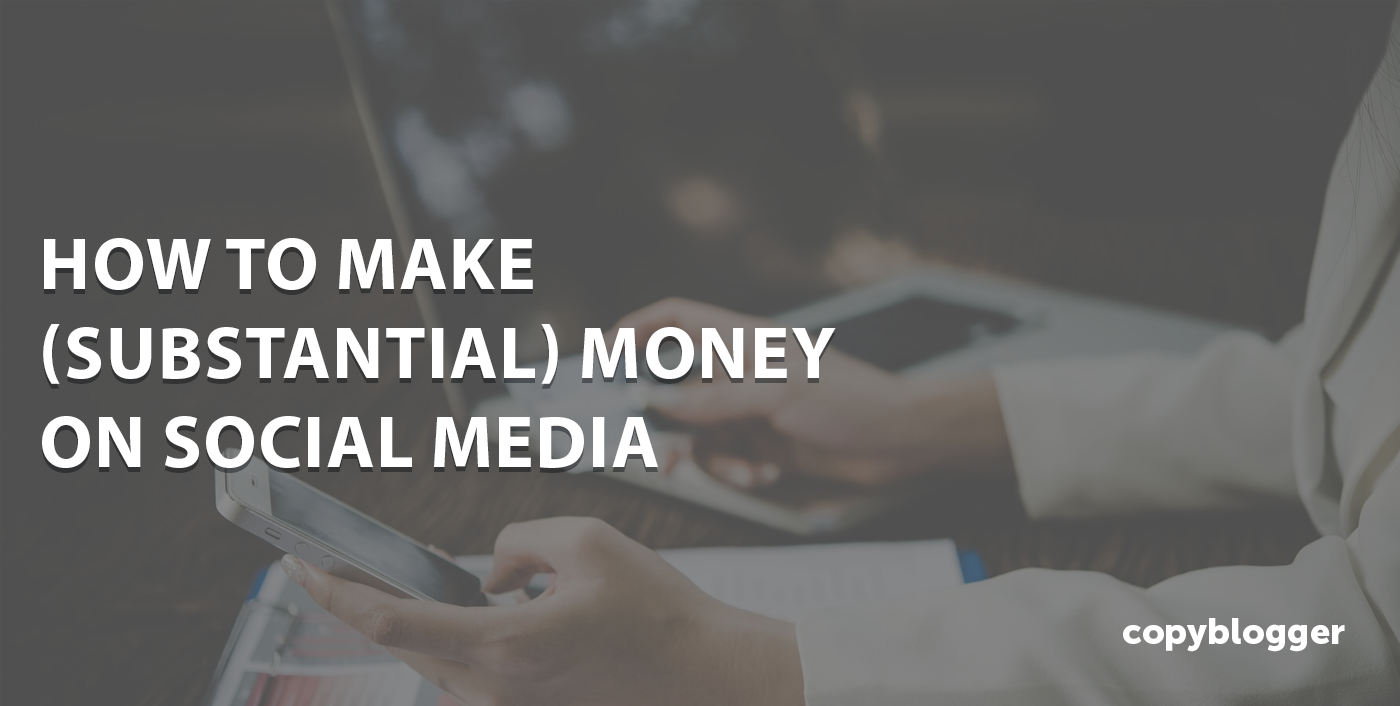 ]]> {{{ ( data.maybeFilterHTML() === ‘true’ ) ? _.escape( data.label ) : data.label }}} ]]>
]]> {{{ ( data.maybeFilterHTML() === ‘true’ ) ? _.escape( data.label ) : data.label }}} ]]>
Continue reading here
Elevate Your YouTube Channel: Top 4 Video Editing Tools


Launched in 2005, YouTube now stands as the second largest search engine after Google.
Almost 2.7 billion people use YouTube worldwide every month and 87.7% of those users access it on their mobile phones.
Owing to the large number of video content available on the platform, you want to ensure that yours stands out.
To make it happen, you need to master effective content creation tips, use fantastic lighting, and invest in powerful video editing software.
There are tons of editing tools on the market that promise amazing results.
To help you cut through the noise, I’ve curated a list of the 4 best YouTube video editing software.
Whether you’re a beginner or a pro, there’s something for you. Keep reading.
1. Movavi Video Editor


Top on the list is the Movavi Video Editor, one of the best YouTube video editing software for beginners.
It enables you to create compelling videos using advanced tools like audio correction, motion tracking, and chroma key without requiring any technical knowledge.
Additionally, you’ll find several ready-made YouTube intro videos and a large library of background music and audio clips.
Although the user interface is easy to navigate, Movavi still provides video tutorials to make you feel confident while editing.
Movavi runs on Windows (versions 7 to 11) and Mac OS X (10.15 or higher).
Key Features
- AI background remover: Replaces backgrounds without a green screen
- AI motion tracker:Sticks effects and images on moving objects
- Precise frame cuts: Makes cuts with precision and attention-grabbing montages in one click
- Color correction: Boosts colors so viewers can stay glued to your YouTube channel
- Overlay effect: Offers 13 blending modes to create professional-looking videos
- 4k resolution: Saves videos in ultra-high quality form
- YouTube Integration: Saves you time by sharing videos directly to YouTube
Pricing
Movavi offers a generous free plan and three paid plans with different sets of features. Here are the prices for various plans it offers:
- Free
- Video Editor: $49.95/year
- Video Editor + Effect Packs: $155.95/year
- Video Suite + Effect Packs: $94.95/year


Usability
Easy to use
Tool Level
Beginner/Intermediate
2. Adobe Premiere Pro


If you’re looking for the best YouTube video editing software that can transform a basic clip into a ready-to-upload video, Adobe Premiere Pro is your best bet.
It integrates with all the apps in Adobe Creative Cloud to help you streamline your workflow.
Adobe Premiere Pro boasts an extensive range of features, from color correction tools and visual effects to collaboration tools for teams.
Also, you can optimize the export settings to preserve the quality of your YouTube videos when you share them online.
Although Premiere Pro is popular among professional video editors,…
The LinkedIn Personal Branding Strategy Influencers Use
The LinkedIn Personal Branding Strategy Influencers Use 18&63,h=A>>12&63,n=A>>6&63,o=63&A,u[l++]=i.charAt(a)+i.charAt(h)+i.charAt(n)+i.charAt(o);while(d triggerPosition) { // Show or modify the styles of your sticky bar welcomeBar[0].style.display = ‘block’; } else { // Hide or revert the styles of your sticky bar welcomeBar[0].style.display = ‘none’; } }); ]]> 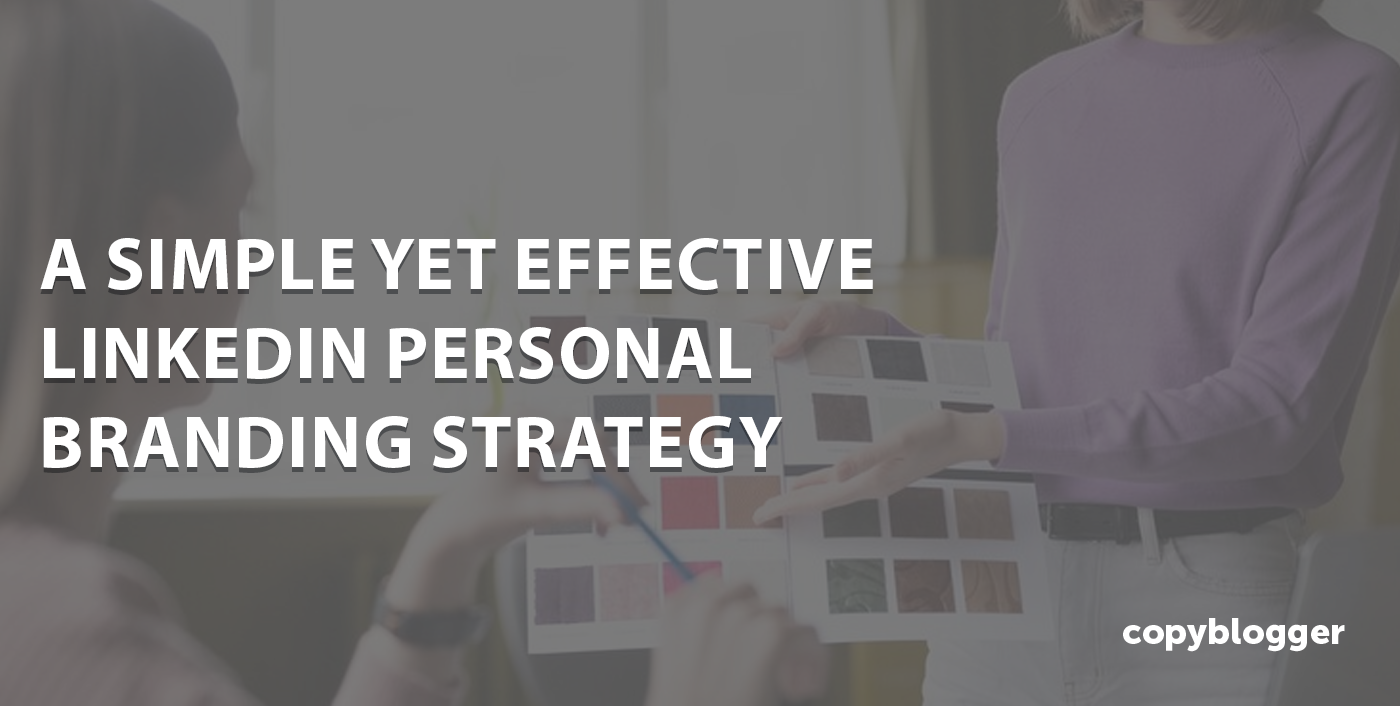 ]]> {{{ ( data.maybeFilterHTML() === ‘true’ ) ? _.escape( data.label ) : data.label }}} ]]>
]]> {{{ ( data.maybeFilterHTML() === ‘true’ ) ? _.escape( data.label ) : data.label }}} ]]>
Continue reading here
Unveiling the Secrets of Brand Mastery


The Brand Revolution Begins Here
Imagine if a single shift in your approach could revolutionize your brand’s impact. That’s the power of
a meticulously crafted brand strategy. I’m Adrian Boysel, and over the last 17 years, I’ve mastered the
art of brand storytelling, transforming businesses into iconic brands.
In this article, I’ll share insights from my own playbook and reveal how a well-honed brand strategy
can elevate your business from the crowd. You’re not just building a brand; you’re igniting a legacy.
So let’s unravel the secrets to making your brand truly unforgettable.
On your journey of brand building, the foundation is your brand story. It’s more than a narrative; it’s
the soul of your brand, echoing through every product, service, campaign, and every customer
interaction.
It’s about forging an emotional connection with your audience overtime that creates what I call “Blind
Brand Loyalty”. My Purpose Driven Branding Blueprint does exactly that. We dive into the depths of
your brand’s story, exploring its ‘why’, ‘what’, and ‘how’, turning your brand into a living, breathing
entity.


If you are feeling invisible and want to bring your brand’s story to life, consider these three tips: First,
clearly articulate ‘Why’ your brand exists, focusing on the passion and purpose behind your business
idea. Next, define ‘What’ your brand offers, not just in terms of products or services, but in the value
and solutions provided to customers.
Lastly, delve into ‘How’ your brand delivers its promise. This involves outlining the unique processes,
techniques, or approaches that set your brand apart.
As we dive deeper into this article my goal is to take you on a journey and help you lay the foundation
for what will impact not just your own brand but the brands of your clients. I can attribute this process
and the success of my 5000+ past clients, whom I’ve helped generate over $100 Million for since
2007.
Next we are going to cover the “Niche” pillar of your brand, and then finally the Identity pillar. Once
you understand these pillars you will never be able to look at brand strategy or even marketing the
same way again. So let’s jump in and talk about your Niche.
Defining Your Brand’s Niche: Precision in Your Audience Targeting
So, you’ve crafted a compelling brand story, but what’s next? How do you ensure that your brand
doesn’t just speak, but resonates deeply with the right audience? This is where the art of defining
your niche comes into play. It’s about zeroing in on that specific market segment where your brand
doesn’t just serve, but truly connects and thrives.
Identifying your niche means understanding who your audience is, recognizing their needs, and
critically, pinpointing who they are not. This stage isn’t just about market analysis; it’s about carving
out your unique space in the vast expanse of the marketplace.
8 Best Personal Branding Courses (With Pricing)
8 Best Personal Branding Courses (With Pricing) 18&63,h=A>>12&63,n=A>>6&63,o=63&A,u[l++]=i.charAt(a)+i.charAt(h)+i.charAt(n)+i.charAt(o);while(d triggerPosition) { // Show or modify the styles of your sticky bar welcomeBar[0].style.display = ‘block’; } else { // Hide or revert the styles of your sticky bar welcomeBar[0].style.display = ‘none’; } }); ]]> 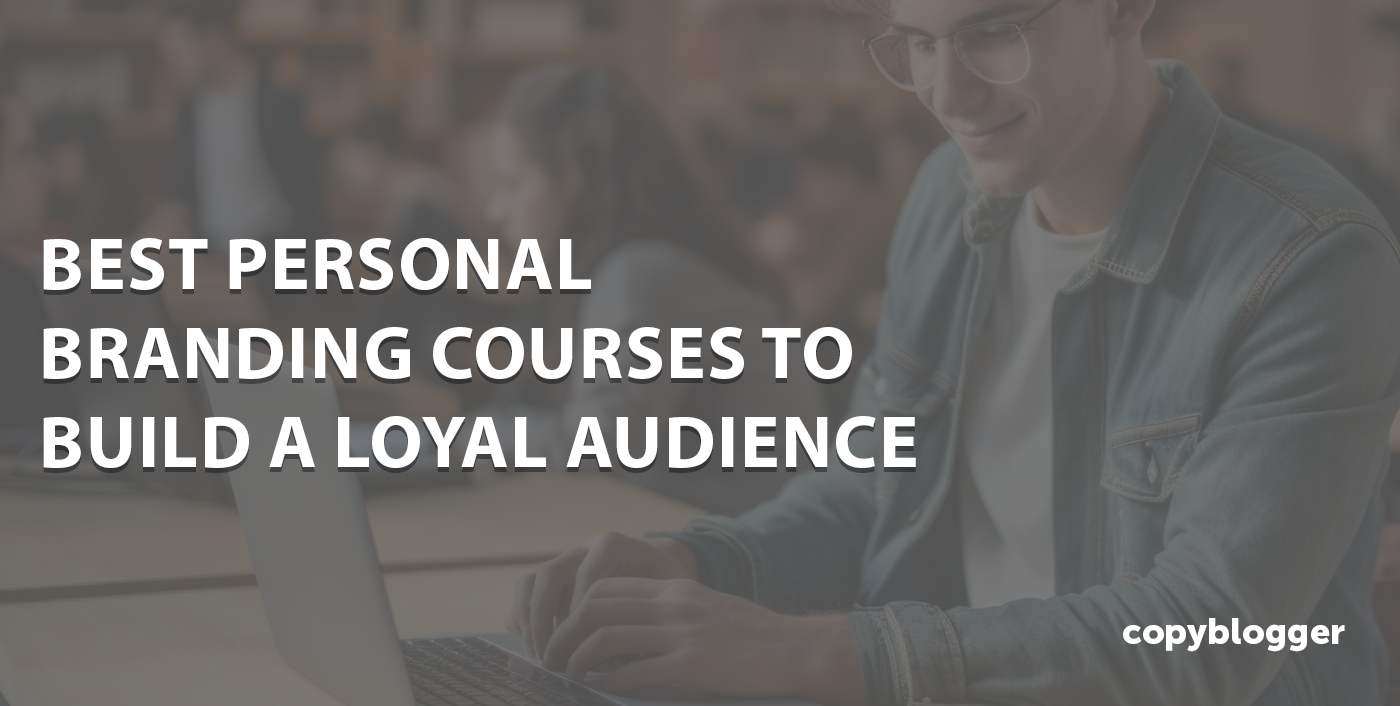 ]]> {{{ ( data.maybeFilterHTML() === ‘true’ ) ? _.escape( data.label ) : data.label }}} ]]>
]]> {{{ ( data.maybeFilterHTML() === ‘true’ ) ? _.escape( data.label ) : data.label }}} ]]>
Continue reading here
